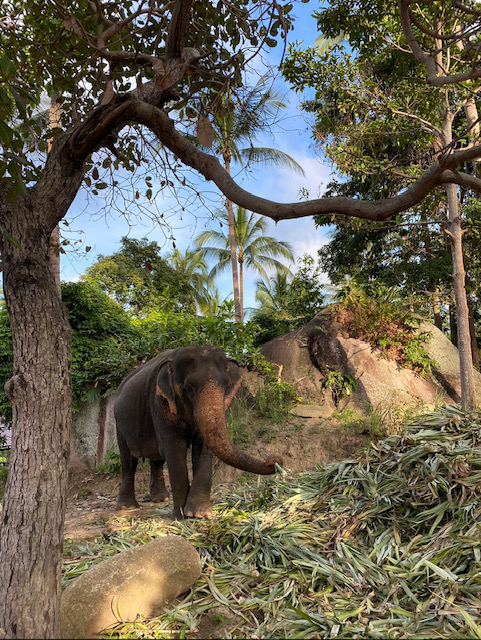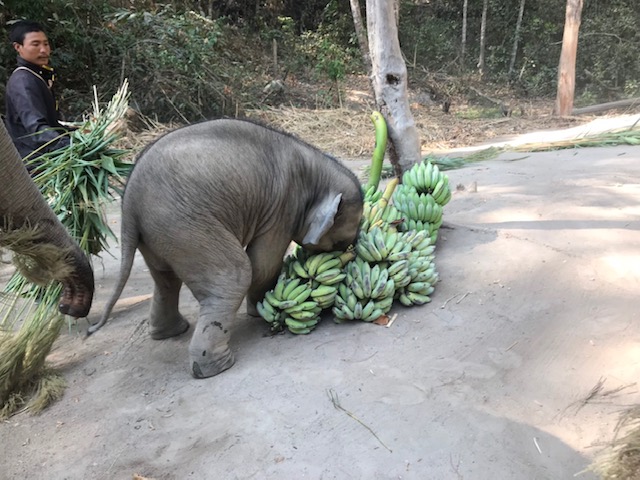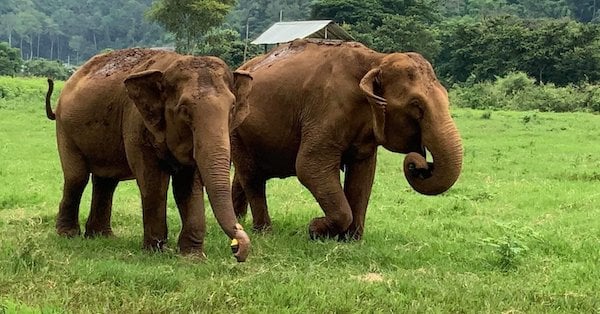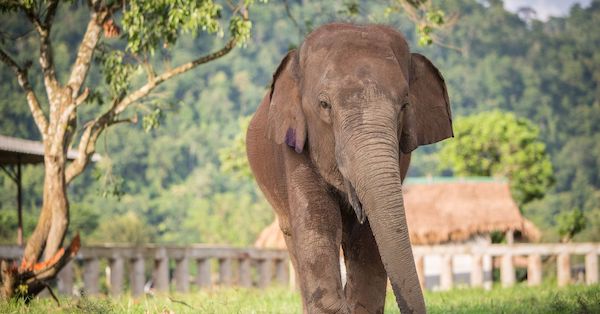Keeping Elephants Fed in Thailand During the COVID-19 Pandemic
When the coronavirus pandemic brought global travel to a halt, sanctuaries like Elephant Nature Park in Thailand faced an urgent crisis. With tourism shut down, there were no visitors to help offset the costs of caring for more than 3,000 animals—including 87 elephants.
Thanks to your support, Greater Good Charities stepped in to help. Through our partnership with Elephant Nature Park and a generous $50,000 matching grant from the Abraham Foundation, we provided critical funding to keep elephants nourished and safe during this unprecedented time.




Since we began to raise funds, the Elephant Nature Park has been able to take in 6 additional elephants who were in urgent need of care.
“Recently, a number of elephants were unemployed by businesses no longer viable. The owners were not able to take care of their elephants, and we stood in the gap until they are able to manage without us. Tonight, 2 females and an older blind bull are with us now. We will care for them until the owner is sustainable,” said ENP founder, Lek Chaile in an updated posted on the park’s Facebook page.
In addition, your donations have enabled the park to help 817 elephants from 60 camps across all regions of Thailand. This has helped begin talks of a more ethical model for those camps.
Thank you for your generous support to protect the elephant. Together, we can ensure that these remarkable animals not only survive today’s challenges but thrive for generations to come.


